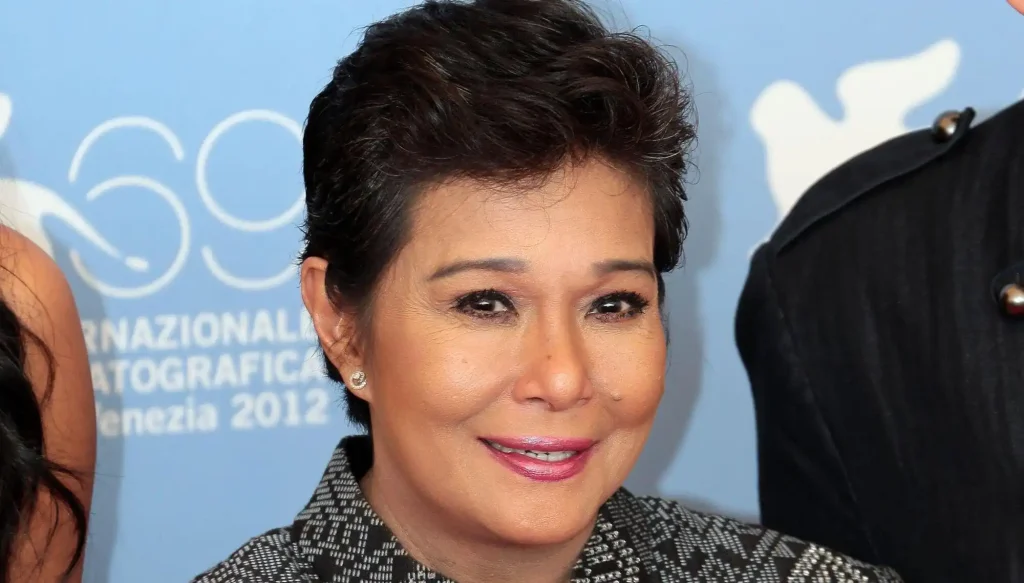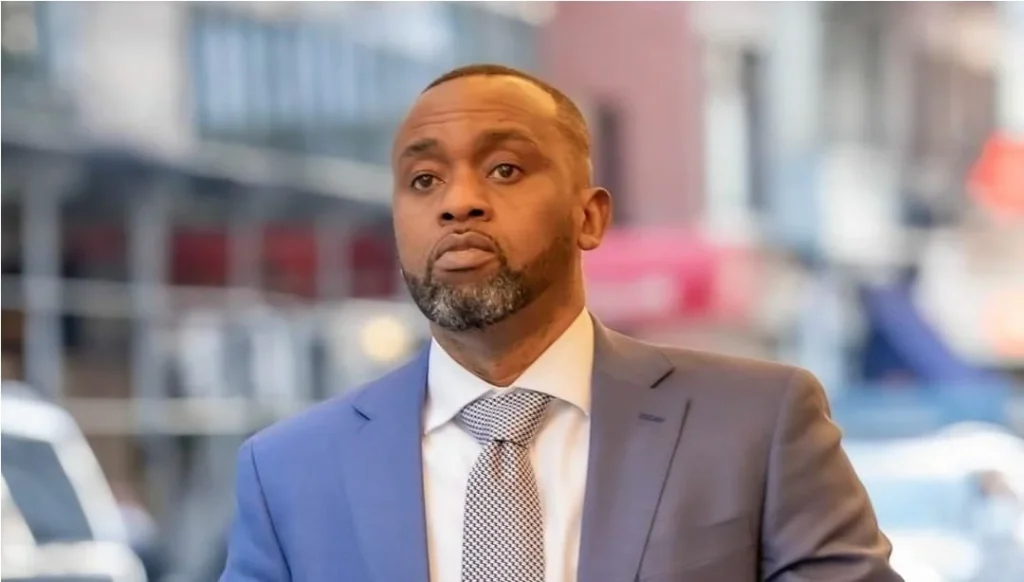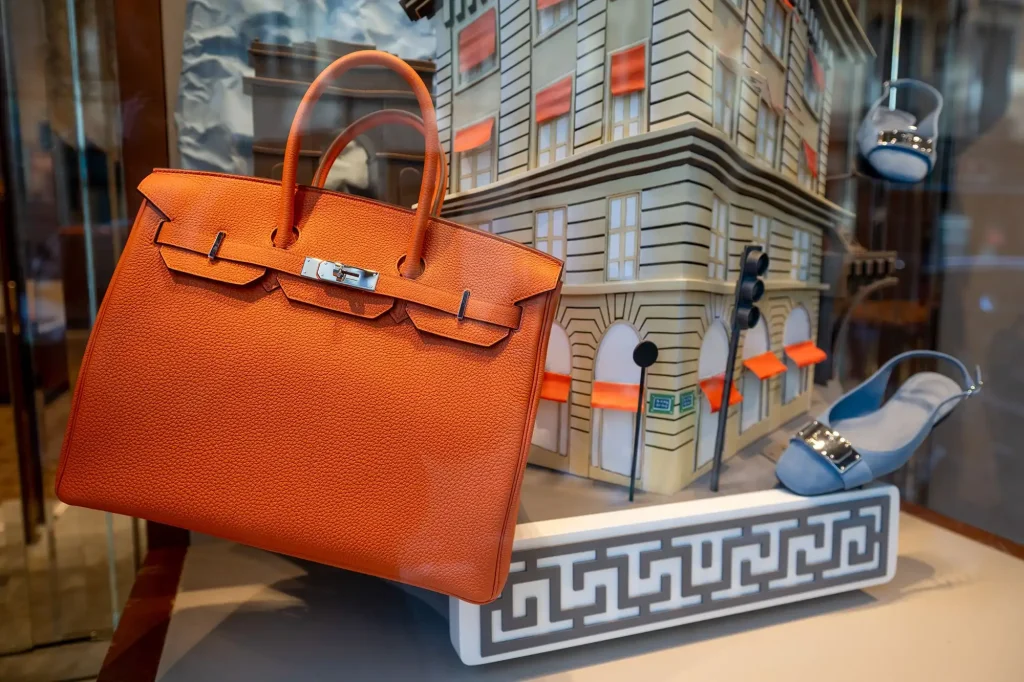Comedian Chukwuemeka Ejekwu, also known as Oga Sabinus, is pursuing legal action against Friesland Foods, makers of Peak milk, and UAC Foods, makers of Gala, claiming unauthorized use of his trademark and image. Sabinus demands N1 billion from Friesland for using his trademarked catchphrase “something hooge” in an advert and N100 million from UAC for using his image. While his trademark is registered under Class 36 (financial services), the case may hinge on trademark dilution rather than direct infringement. Sabinus also has a stronger case regarding his image rights, as unauthorized use of his image is a violation, regardless of trademark registration.
The case has sparked discussions about intellectual property (IP) rights in Nigeria, highlighting the importance of registering trademarks to prevent infringement. IP theft, which refers to the unauthorized use of someone’s creative work, continues to cause financial harm and legal disputes. Sabinus’ case brings attention to the broader issue of IP protection, particularly the need for individuals and companies to properly register and protect their trademarks and images to avoid unauthorized use by others.
In Sabinus’ case, his trademark claim may face challenges because his catchphrase, “something hooge,” is only registered under financial services (Class 36), and Peak milk is not in the same category. However, he may pursue a case for trademark dilution, where unauthorized use of a famous trademark could weaken its distinctiveness, even if the infringing product is unrelated. This legal strategy may help Sabinus argue that the use of his catchphrase by Peak milk is damaging, despite the different industries.
As for his image rights, Sabinus has a stronger claim against UAC Foods for using his likeness without consent in an ad campaign. Unlike trademarks, image rights don’t require registration to be enforceable. The use of an individual’s image without permission constitutes infringement, and the person is entitled to seek damages.
The case has heightened awareness about IP rights in Nigeria, where many businesses often operate without registering their trademarks or properly understanding IP protections. The importance of safeguarding intellectual property has become more prominent, prompting individuals and businesses to take steps to protect their creative assets from misuse.
In conclusion, while Sabinus’ trademark claim against Friesland Foods may be challenging due to the difference in class registration, his case for image rights against UAC Foods is more straightforward and likely to succeed. This case serves as a reminder of the need for greater IP consciousness among Nigerians, encouraging individuals and companies to ensure that they do not infringe upon others’ intellectual property rights.













